News
For media inquiries, please contact OUUVzrqvn@hpfs.rqhude.fscu@aidemIHHB
Image
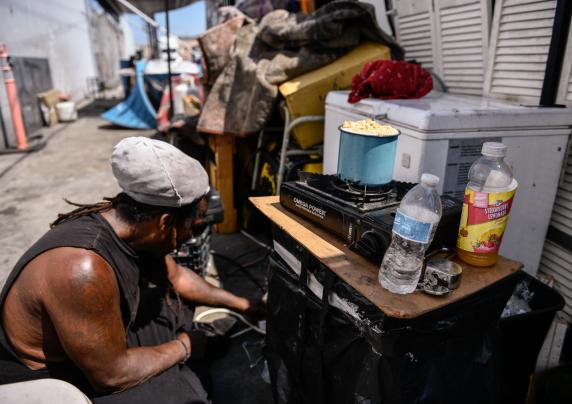
Homelessness Issue in California Election
CalMatters •
July 15, 2021
Image
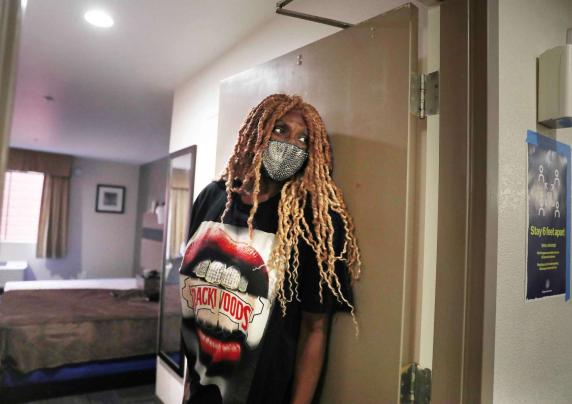
After a Year in Their Own Beds, Where Will San Francisco’s Most Vulnerable Homeless Women Go?
San Francisco Chronicle •
July 6, 2021
Image
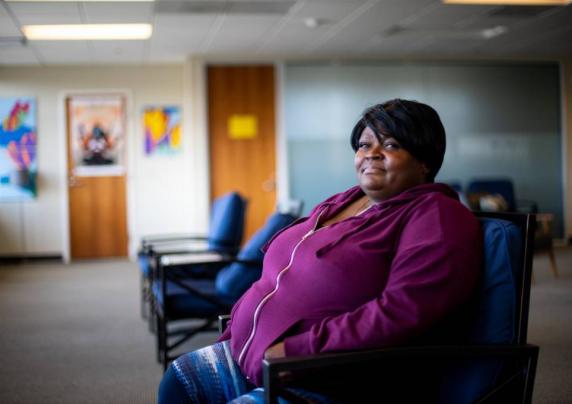
Image
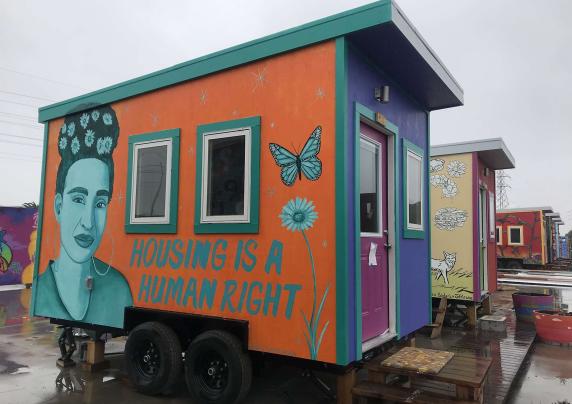
Bay Area Homelessness Could Be Solved With $11.8 Billion, Says New Report
San Francisco Chronicle •
June 2, 2021
Image
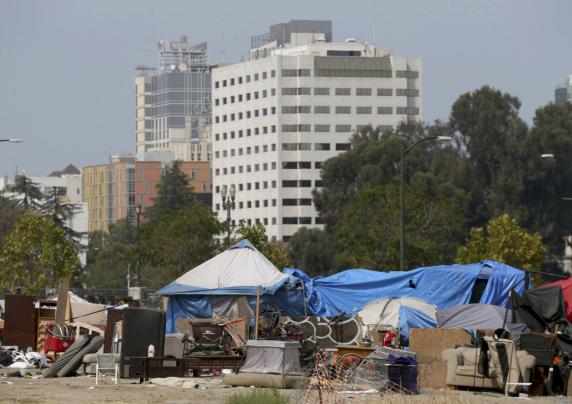
Can California Build on Pandemic Lessons to End Homelessness?
CalMatters •
May 12, 2021
Image

The Pandemic Is Making It Even Harder to Be Young and Homeless
San Francisco Chronicle •
April 24, 2021
Image
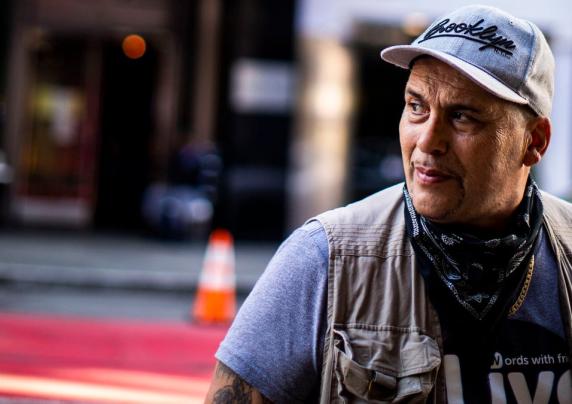
One Way to Get People Off the Streets: Buy Hotels
New York Times •
April 17, 2021
Image
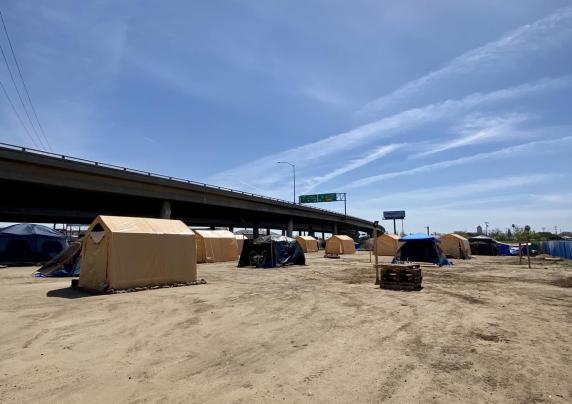
Homeless Encampment Wants Help From City; Community Donations Fill Gap
KVPR •
April 16, 2021
Image

California, Bay Area Clinics Halt Use of Johnson & Johnson Shot After Reports of Rare Blood Clots
San Francisco Chronicle •
April 13, 2021
Image
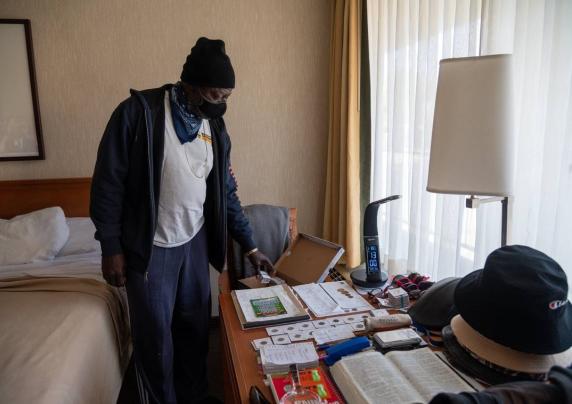
California Took 35,000 Homeless People off the Street for 1 Year. Did the Program Work?
Sacramento Bee •
April 5, 2021